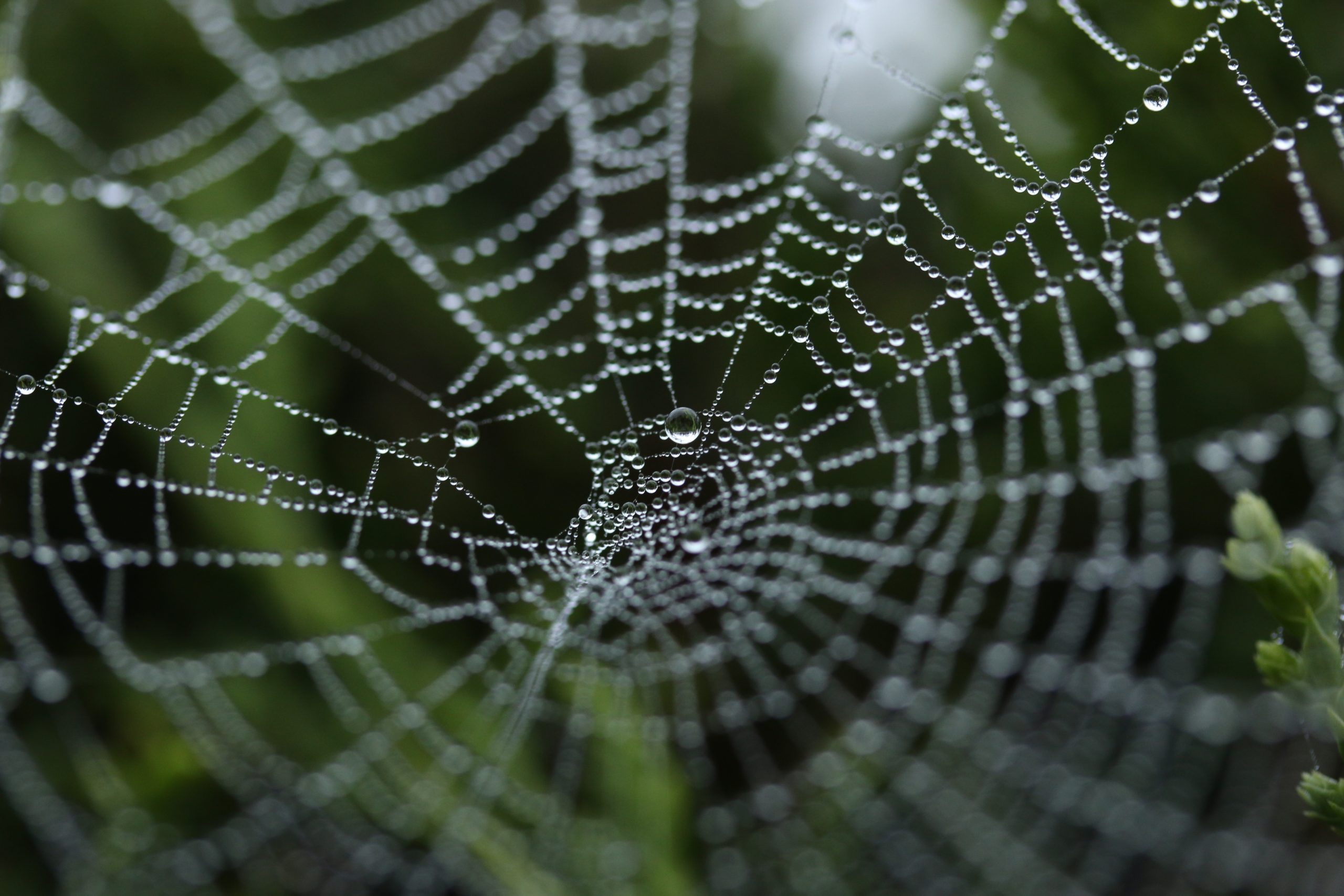Grooming is the process by which an abuser gains the trust of a potential child victim and their caregivers with an intention to sexually abuse the child. This process begins with identifying potential victim, gaining their trust and breaking down their defences. Once the abuser gains access to the child, he/she may initiate some kind of sexually gratifying contact with the child.
Grooming helps the abuser to gain the trust and thereby, gain access to the victim and to set up a relationship grounded in secrecy so that the abuse is less likely to be discovered. In a lot of instances, perpetrators of child abuse are individuals known to the family; they may be acquaintances, trusted friends, influential members of the community or even family members.
One of the reasons that the abuser is able to exploit the child is because he or she holds the power in their relationship. (For example, a parent-child or teacher-student relationship.) This power may be due to the abuser’s older age, authority, size and strength, experience and adult status. They use this power to gain the child’s trust and, in some situations, an emotional connection, and then, leverage it to create fear that enables the abuser to coerce the child to do sexual acts. Sometimes, there is NO trust at all, only fear and coercion.
In a lot of cases, the abuser gets into an inappropriate romantic relationship with the child and then convinces the child to do sexual acts or to send compromising pictures. These are used to blackmail the child and commit sextortion.
Grooming steps may include:
- Identification of the victim –The abuser will identify a particular child on the basis of many factors like easier access to the child, underlying mental or physical conditions of parents/child, abusive or neglective home, etc.
- Gain trust and access – Once a victim is identified, the abuser shall proceed to observe and assess the child for any vulnerabilities, interests, secrets, etc. This helps them to learn how to approach and interact with the child. The abuser may give special attention to the child and pretend to be understanding and empathetic. Eventually, the abuser will gain the victim’s friendship and trust by participating and showing interest in the victim’s interests or by giving special gifts and treats.
- Play a role in the child’s life – When trust is gained, the abuser will start to play the role of an empathetic adult in the child’s life. The abuser will manipulate the relationship in such a way that it appears to the child that the abuser is the only one who understands the child fully. Alternatively, the abuser may exploit the child’s empathy and convince the child that he or she is the only one who understands the abuser.
- Create secrecy in the relationship – The abuser will try to convince the child that they have a special relationship, which has to be kept in secret. The abuser will resort to blackmail or threats about suicide, disclosure of the relationship or physical harm to the child or the child’s loved ones to ensure that the child keeps it a secret.
- Initiate sexual contact – With the power established over the child through emotional connection, force or some other tactics, the abuser will eventually initiate physical contact with the child. It may start with a touch that is not overtly sexual like a casual arm around the shoulder, a pat on the knee, etc., but the abuser may find these to be sexually gratifying. Gradually, the abuser may proceed to do more overt sexual acts. This is achieved by breaking down the child’s inhibitions about sex and desensitising the child.
- Control the relationship – Abusers rely on the secrecy of the relationship to keep it going, and to ensure that the child will not reveal the abuse. Children are often afraid of disclosing the abuse since they fear that they will not be believed or that they are somehow responsible for what happened. The child may also feel shame or fear that they will be blamed. Often, the abuser threatens the child to ensure that she or he won’t disclose the abuse.
- Isolate the child – The abuser will try to isolate the child from his/her friends and family to make the child feel that only the abuser is there for them. Thereby, the abuser will gain more power and control over the child, making continued abuse easier for them.
An important issue here is that the child often fails to understand that he/she was groomed by the abuser. They would have complicated feelings about the relationship and the abuse. Since most of the time, the abuser is known to the child, there would be a mixture of love and fear, which confuses the child and makes it hard to understand how he/she is feeling. This is the reason most abusers are successful in continuing the abuse and getting away with it.
